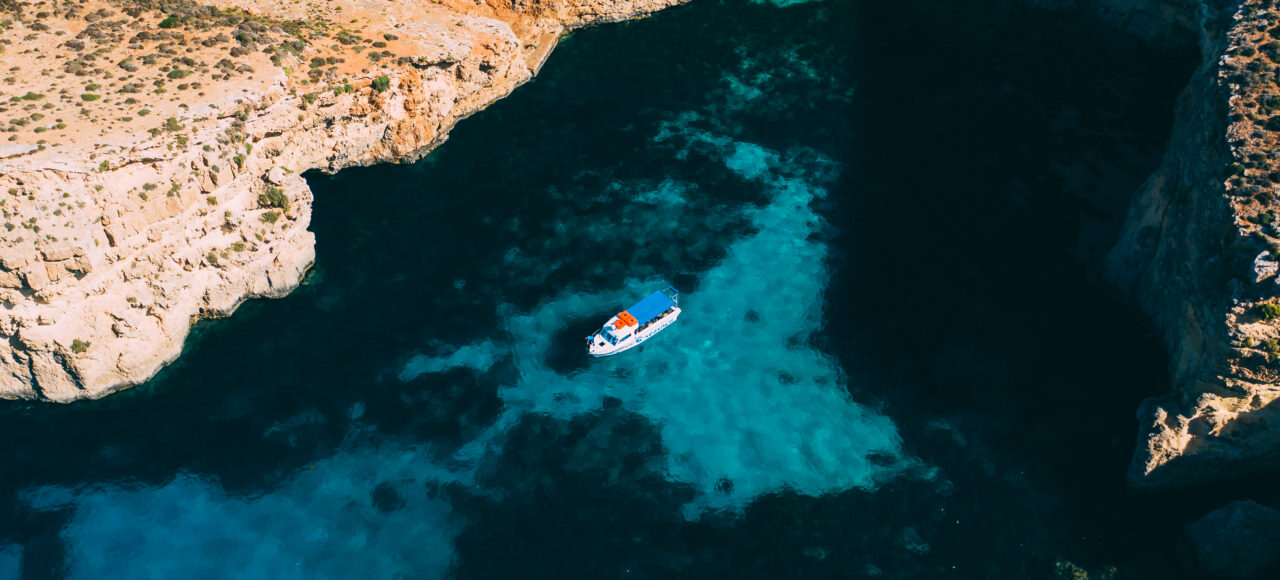As published in

Malta offers an ideal climate in more ways than one. Its Mediterranean appeal for holidaymakers is matched by its business-friendly outlook, robust regulatory environment and innovation ecosystem, which have seen the nation emerge as a magnet for international investment.
Malta thrives on its contrasts. Home to Neolithic temples that predate the Pyramids, the nation is also a startup hub and with a buoyant technology sector. Its vibrant tourism industry caters equally for sun worshipers seeking idyllic Mediterranean beaches and those preferring cultural and gastronomic adventures. The ambience of a cosmopolitan European destination nestles comfortably alongside a laid-back Mediterranean feel that is uniquely Maltese.
It’s a formula that Malta has translated into sustained economic success. GDP grew by 5.6% in 2023, with further increases of 4.6% in 2024 and 4.3% in 2025 forecast by the European Commission. Strong exports are one of the factors driving this expansion, led by the electronics, professional and financial services sectors. Key to this are close and enduring ties with Germany, which has become Malta’s largest export market, second largest import market and a leading source of tourist arrivals. “There are many themes over which Malta and Germany share a common viewpoint,” remarked Prime Minister Robert Abela at his November 2023 meeting with Chancellor Olaf Scholz in Berlin. Describing the summit as “very positive,” Abela went on to emphasise the “great potential for enhanced collaboration in emerging sectors,” highlighting high-end manufacturing, pharmaceuticals, financial services and aviation as areas for mutual benefit.
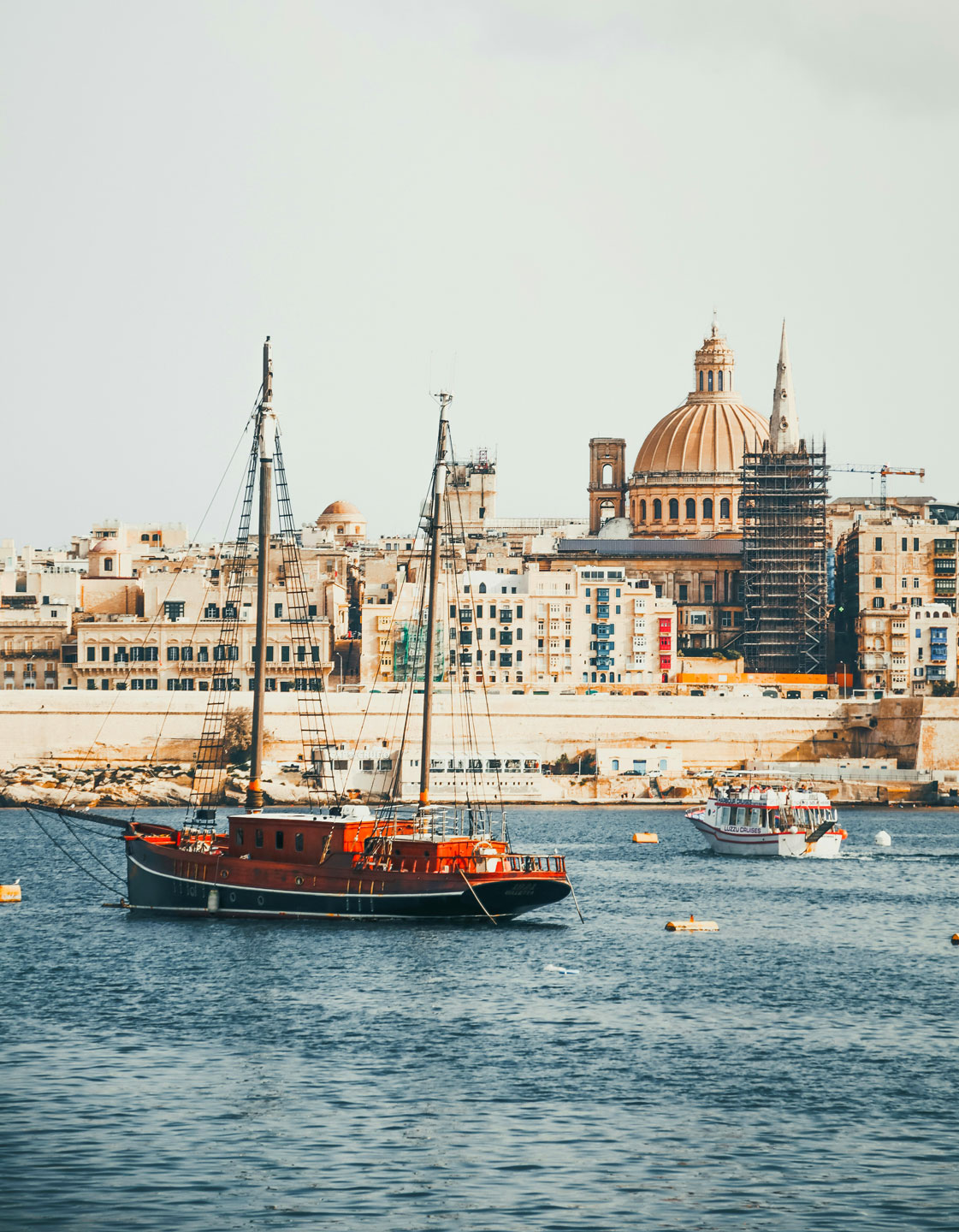
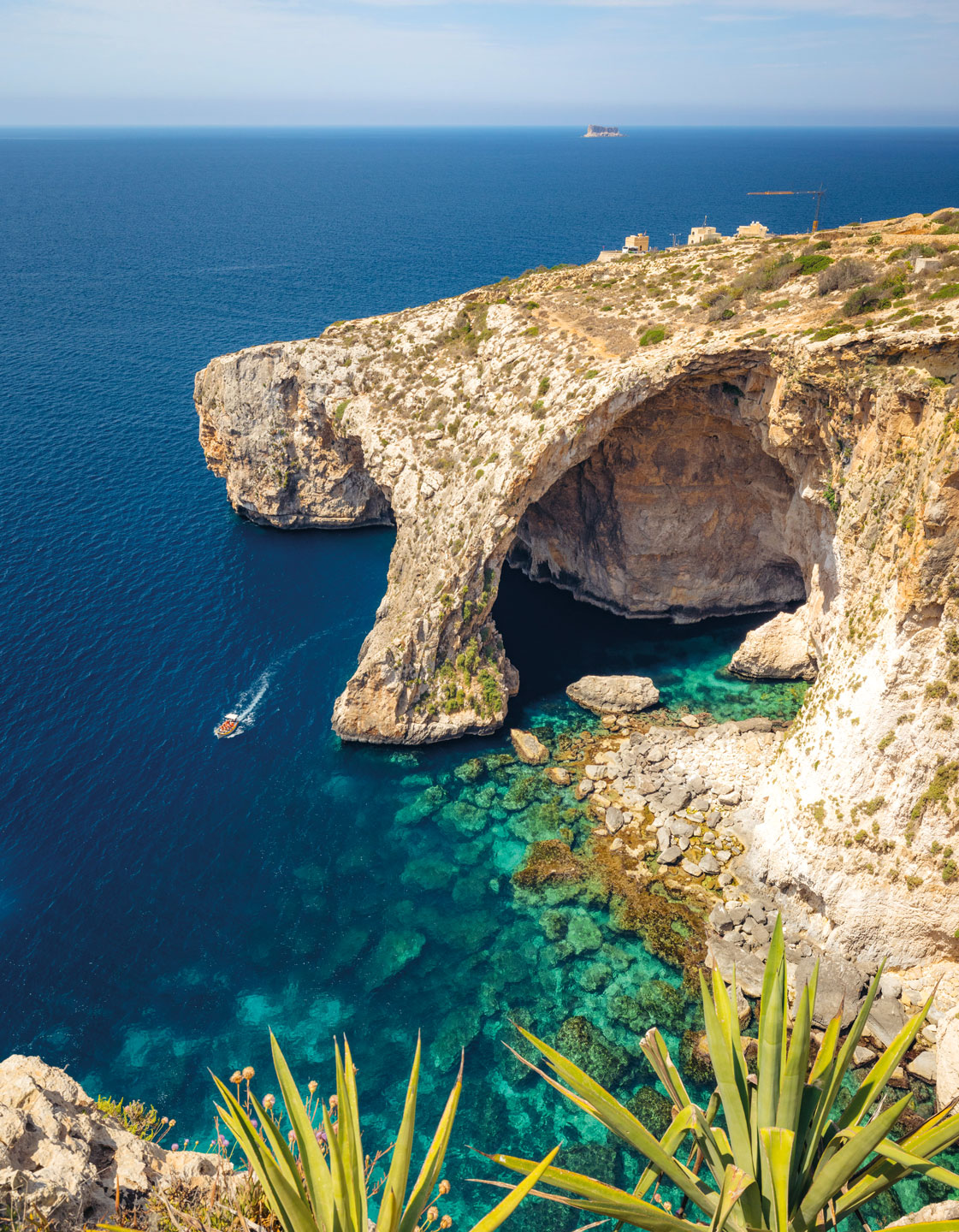
As host to around 60 German firms and with foreign direct investment flows from Germany of 14.1 billion euros, opportunities in Malta exist across a host of sectors. Already a significant player in financial and professional services, and with a burgeoning technology sector, in recent years, efforts have been made to further leverage Malta’s business ecosystem by establishing the nation as a startup hub. Those efforts are paying dividends, with the country hosting the prestigious EU-Startups Summit in May 2024, showcasing the advantages on offer for entrepreneurs and investors to the more than 2,000 attendees.
Opening the event, Prime Minister Abela noted that work was ongoing to improve the legislative environment and reduce bureaucratic processes for startups, further boosting the appeal of location that already offers incentives such as tax breaks and grants for early-stage companies. This is complemented by the work of the Malta Digital Innovation Authority (MDIA) which has invested in a dedicated innovation hub designed to entice and nurture new ventures. “Malta is attractive and has a competitive advantage over other countries due to our ecosystem,” explains Kenneth Brincat, CEO of MDIA. “We are a very business-friendly country.”
Alongside its strength in emerging sectors, which also include gaming, AI and blockchain technology, more traditional industries retain prominence. Malta is a leading European jurisdiction for captive insurance, serving as a gateway for major companies across the continent, and has a notable presence in reinsurance markets too. The country’s insurance sector as a whole is forecast to grow 3% to more than US$2 billion in 2024. With rising demand for technology solutions, Malta’s Financial Services Authority has invested in developing a regulatory framework designed to reflect the sector’s evolution, maintaining its appeal to firms in Germany and beyond.
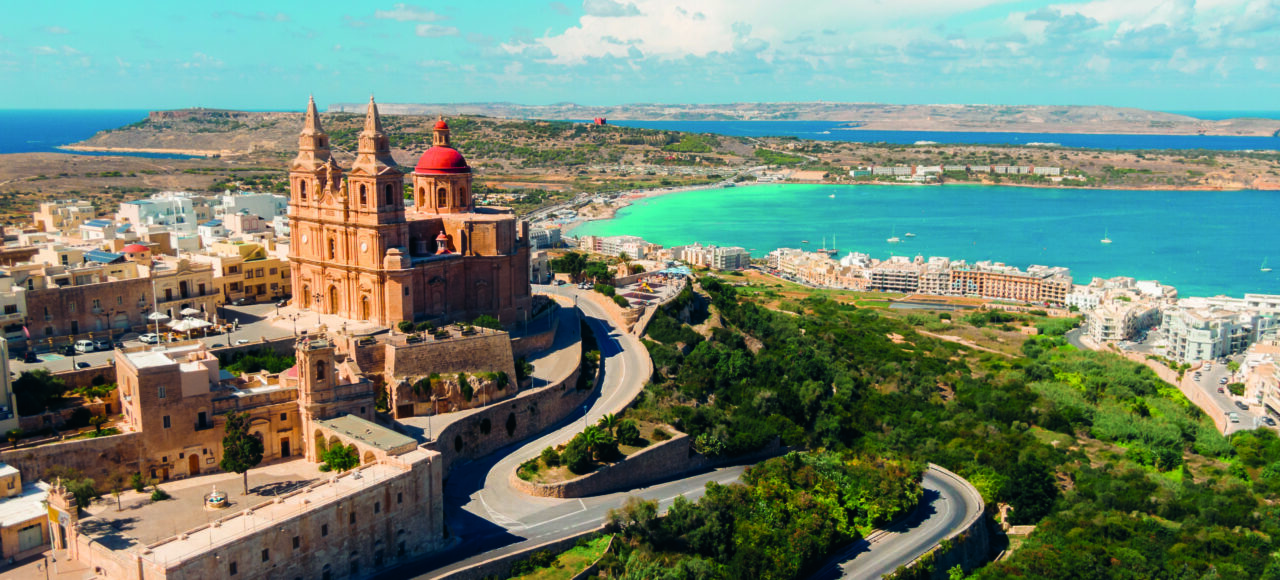
Similarly flourishing is the country’s tourism sector. A longstanding pillar of the economy, 2023 saw a new standard set with almost three million arrivals. The strong post-pandemic recovery has prompted authorities to explore ways to maximise the industry’s potential. Efforts have focused on expanding tourism flows beyond traditional areas to reach all regions of Malta and Gozo. This strategic push has driven improvements in quality standards across the sector, sparking investment in hotel renovations, new developments, and high-end dining experiences. Just as a rising tide lifts all boats, Malta’s well-founded appeal as a tourist destination will continue to propel its surging economy into 2025.
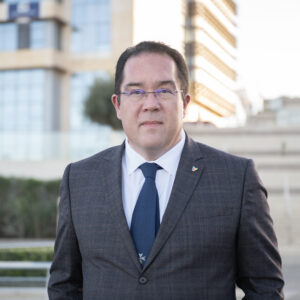
Carlo Micallef honed his skills at home and abroad, developing new tourist markets and deploying increasingly creative strategies to rekindle and reinvigorate post-pandemic travel to Malta. Now CEO of the Malta Tourism Authority (MTA), Micallef shares his passion for this vibrant island country.
Q: Where did you start your career?
My background is in marketing. After graduating from the University of Malta, I started working in advertising for a real estate company. I came up with different concepts, especially since there was a drive towards changing the economic scenarios around accommodation for first-home buyers. My first job taught me a lot because the company owner was an experienced businessman who was a visionary.
Q: How did you get involved in the tourism sector?
I saw an advertisement in the paper for a marketing executive at the National Tourism Organisation of Malta and another job related to advertising. It was as if the universe was pointing me in the right direction. I applied for both and was offered the roles, but I chose tourism because I thought marketing Malta abroad would enable me to have the greatest impact.
Q: What early experiences influenced your vision for MTA?
I was the first person in charge of the Russian market in Malta—no one wanted it in 1997 because it was new back then and Western people still saw Russia as something different. From there, the former Minister of Tourism, Michael Refalo, believed I could overcome whatever challenges he could throw my way, and once I succeeded, he gave me harder ones!
